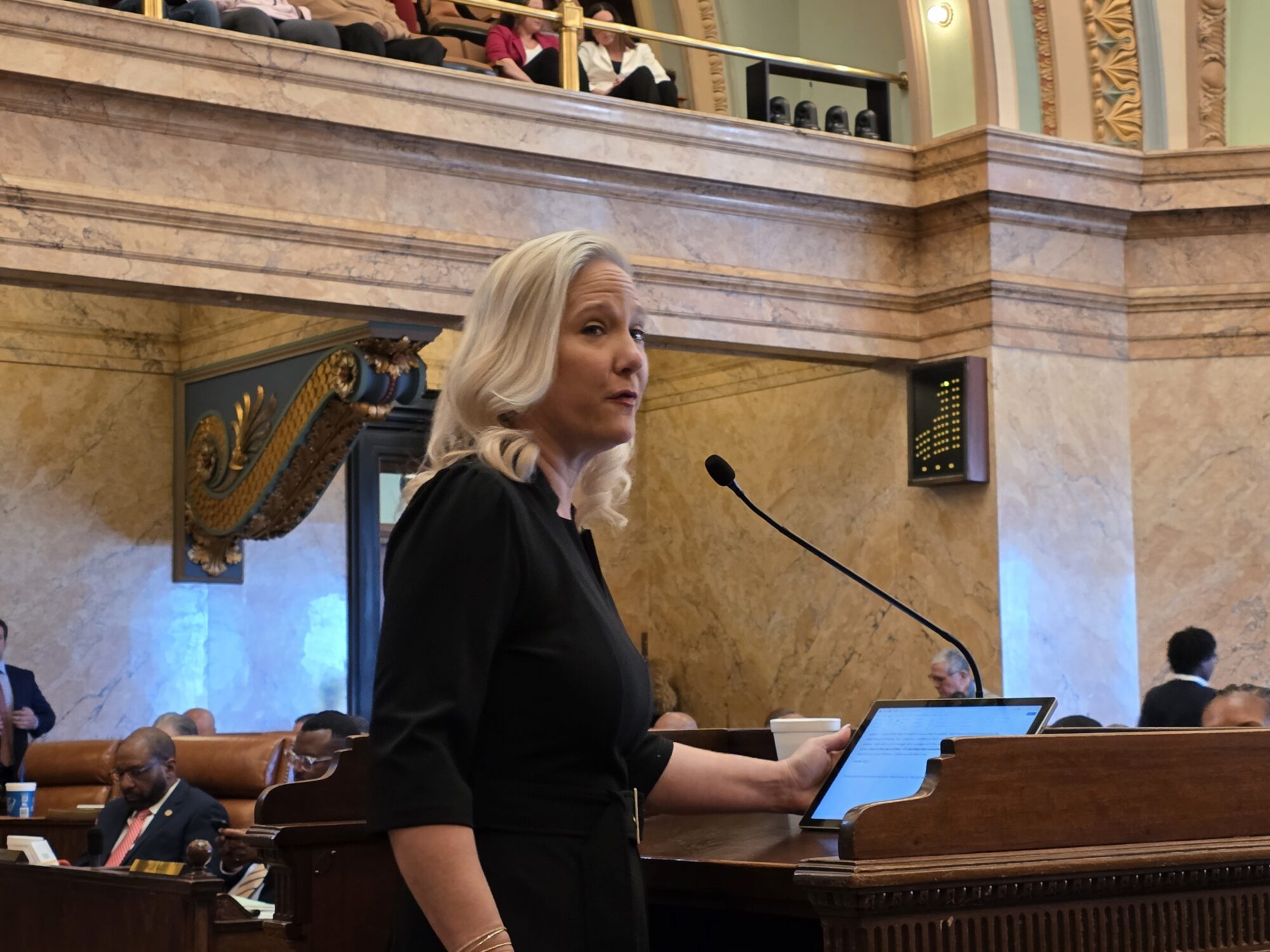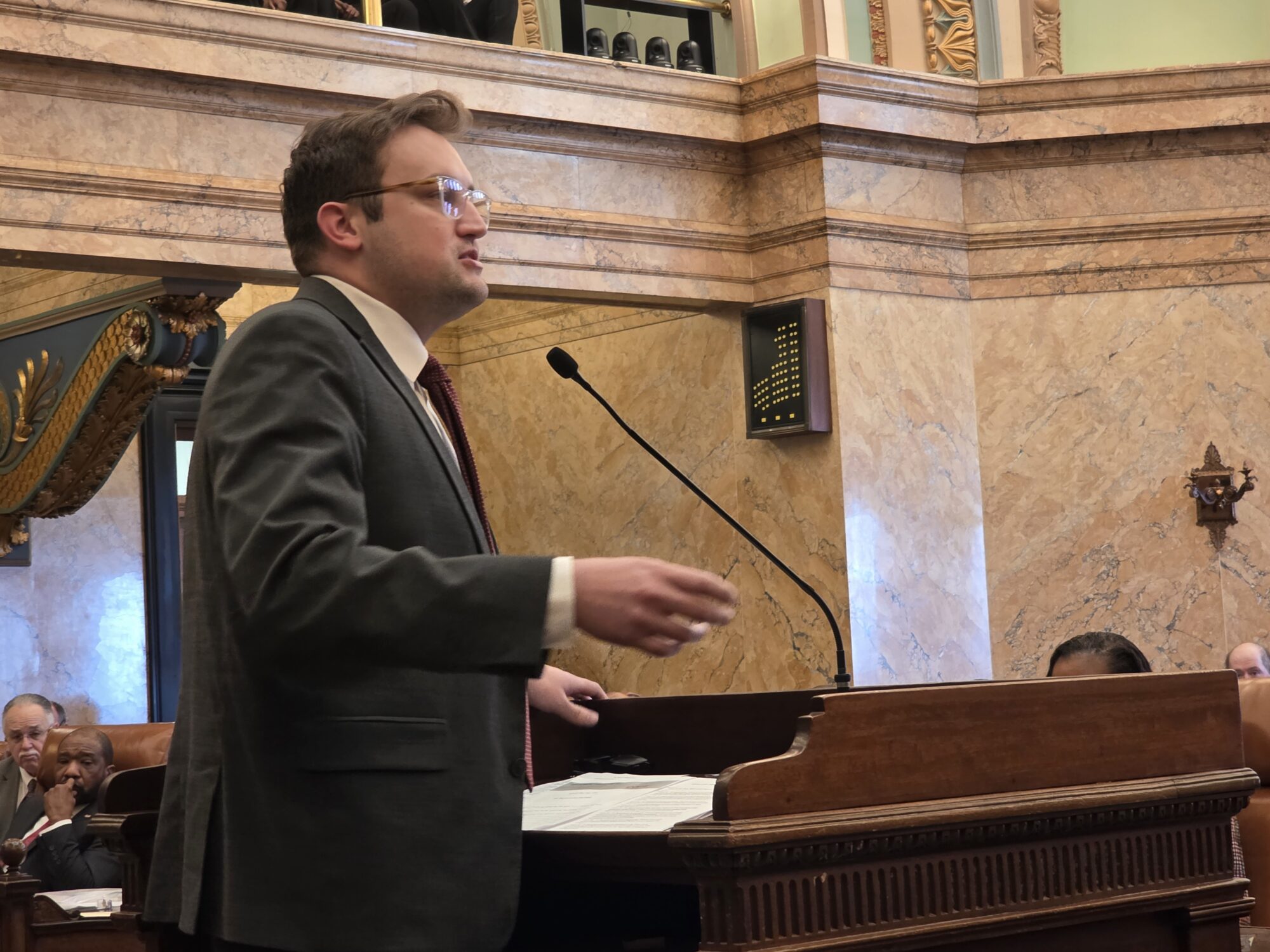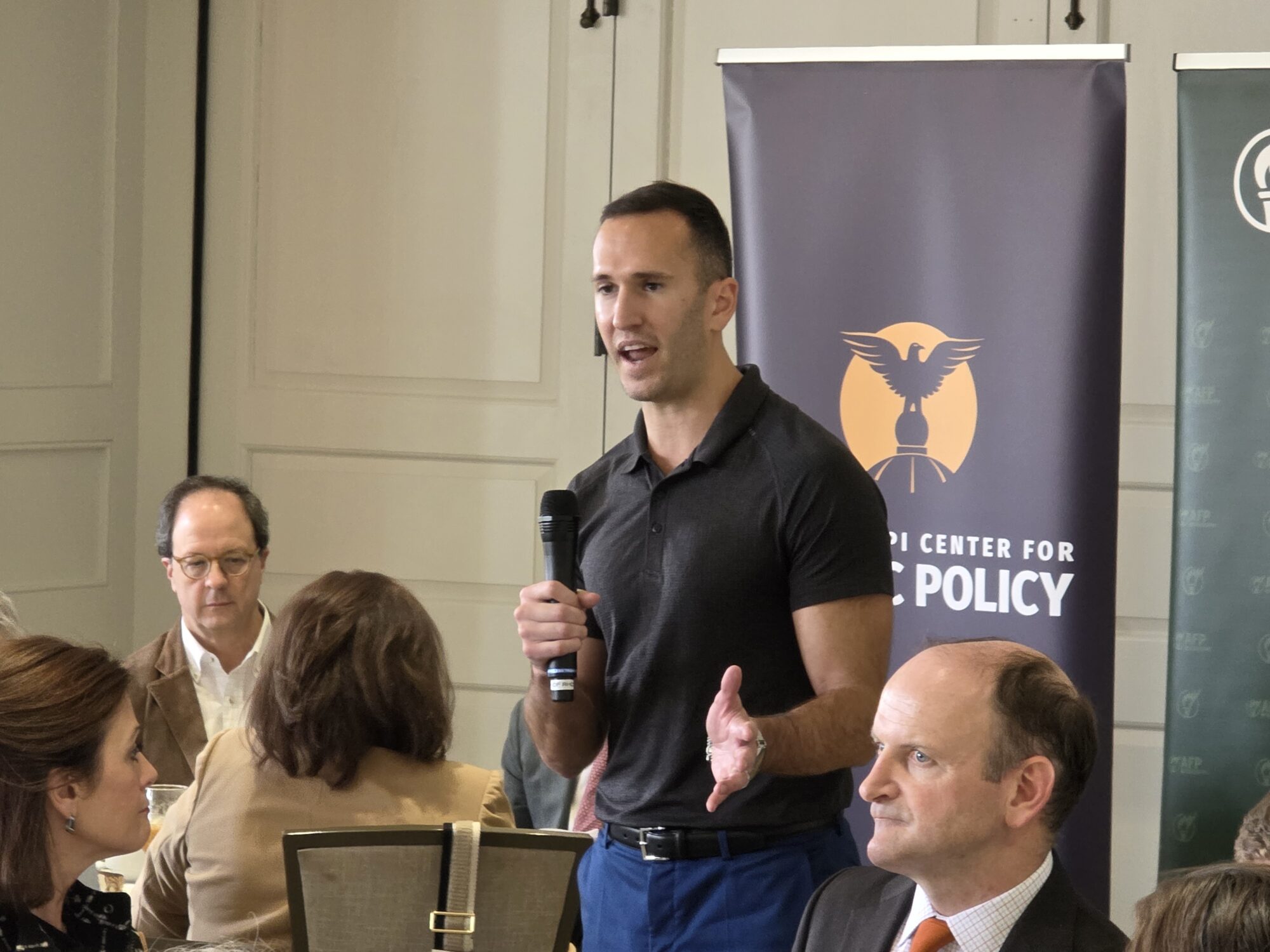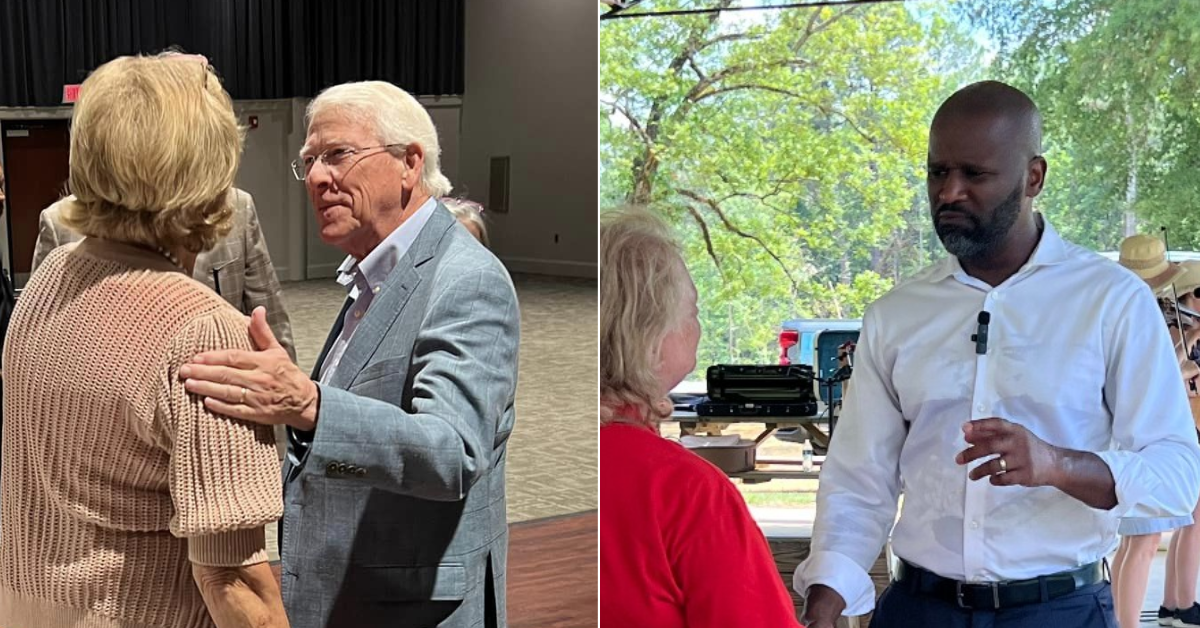
Secretary of State Michael Watson, 2024 interview (Magnolia Tribune)
- Secretary of State Michael Watson said he has full confidence in those on the local level to ensure elections are conducted securely.
With less than three weeks until the presidential election, the Mississippi Secretary of State’s office along with local elected election commissioners and circuit clerks are working to reassure voters who may be concerned with election security and the validity of their vote in the Magnolia State.
Lawmakers passed the Mississippi Voting Modernization Act in the 2022 legislative session, providing grant funding for counties to replace touchscreen voting machines with approved machines that scan paper ballots. The goal, as stated at the time, was to ensure the security of the voting process utilizing paper ballots, therefore leaving a paper trail. Previous touchscreen machines did not always provide a paper record of the vote.
Now, after they present valid identification and sign the voter roll, Mississippi voters are handed a paper ballot that is to be marked with a pen before placing it in a scanning machine. The scanned ballot is then shown on the screen for verification by the voter before the paper ballot is placed inside a secure portion of the machine for auditing purposes.
Secretary of State Michael Watson told Magnolia Tribune that under the modernization act, counties were provided a list of three approved vendors to purchase voting equipment. Before grant funding was approved, each county had to submit documentation for review to ensure the equipment met the necessary requirements.
The deadline to purchase and put the new machines into use was January 1, 2024, meaning voters who cast a ballot in a Primary Election this year would have already seen the new machines in use.
Several regulations were put in place concerning the type of machines counties could purchase in an effort to prevent hacking. For instance, machines that have “wireless remote connections” are prohibited. In addition, the use of pre-scored punch cards is not allowed.
“A machine could not have a modem or some other device installed that allowed access to the Internet,” Watson clarified.
Secretary Watson said approved machines have built-in security measures that prevent tampering, such as attempts to sideload malicious software via a USB thumb drive.
“It would be incredibly difficult for a person to tamper with any voting machines. There are multiple layers of security, testing, and protections that cannot be discussed for security reasons,” Watson said.
Local election controls
On the local level, each county elects their own set of election commissioners to oversee each election. Some of their duties include training poll workers and conducting regular accuracy tests on the voting machines prior to Election Day.
The Secretary of State’s Office provides election commissioners with annual certification training to ensure they are complying with the various requirements under Mississippi election laws.
“In addition to this annual training, the Mississippi Secretary of State’s Office provides summer workshop trainings and weekly conference calls in the lead up to the election,” Watson explained.
Secretary Watson said he has full confidence in those on the local level to ensure elections are conducted securely.
“Our circuit clerks and election commissioners are the unsung heroes when it comes to elections in Mississippi, and the post-elections audits provides a vehicle for praising their successes,” Watson added.
Auditing election results
Another layer of security came with the passage of HB 1310 during the 2023 legislative session. The law provides the Secretary of State’s office with the ability to audit election results and procedures.
Secretary Watson said the law gives his office another means to ensure elections are being held according to state law by holding election officials on the local level to an increased level of accountability as implemented by the Secretary of State.
“Any missteps will turn into opportunities for an additional level of training and dialogue on the results,” Watson said.
In the digital age, there is a need to ensure other aspects of the voting process are also secure. As such, Watson’s office has invested in cybersecurity systems and training. By working with the Legislature, Election Support Funds were made available to counties for cybersecurity improvements.
“Our office is always looking at what other states are doing and brainstorming amongst ourselves to further ensure the integrity and security of our elections,” Watson said. “That said, we have been extremely aggressive over the last four and a half years making as many improvements as possible. I couldn’t be more proud of our team and am thankful the Legislature has passed most of our election integrity legislation.”
Changes on the horizon?
During the 2024 legislative session, discussions on allowing in-person early voting and first-time online voter registration were hot topics. Those debates have continued in recent hearings.
Early voting was proposed by State Senator Jeremy England (R). Under his bill, early voting would have been allowed for 15 days prior to an Election Day, excluding Sundays and ending the Saturday before the scheduled election. The measure would have eliminated in-person absentee voting, but mail-in absentee voting would still have been accessible.
Currently in Mississippi, voters can vote 6 weeks prior to Election Day. This election year, that meant as early as September 23.
READ MORE: Lawmakers hold joint hearing on early voting, online voter registration
As a security measure, Senator England’s bill would have required the voter to show a valid ID to participate in early voting, the same requirement currently used for absentee voting and voting at the polls on Election Day.
Secretary Watson said his office supports closing the current window absentee voting provides.
“We are advocating for the tightening of the absentee window to 30 days and the reduction of absentee options if early voting is implemented,” Watson told Magnolia Tribune. “We are always looking at opportunities to make the process better and even more secure.”
First-time online voter registration would allow a person who is currently not registered to do so online, negating the need to do so in person at their local circuit clerk’s office. During a recent hearing on the proposed changes, lawmakers were told that if implemented, first-time online registration could provide cost savings in reduced paper expense and lead to a reduction in data entry errors.
Due to the proliferation of the internet and smartphones, offering first-time online voter registration was also touted as a vehicle to entice more young adults to register.
To Secretary Watson, any impact the implementation of early voting and/or first-time online voter registration would have on the security of the election process in Mississippi would be down to the policies implemented by the Legislature and signed off on by the Governor.
“While we have seen proposals for how it would work in Mississippi, until a process has been put into law, we cannot speculate as to what kind of effect it could have on election security in Mississippi,” Watson added.
He reminds Mississippi’s voters that while first-time online registration is not currently available, those who have registered in-person at their local circuit clerk’s office can update their information by way of his office’s website.










